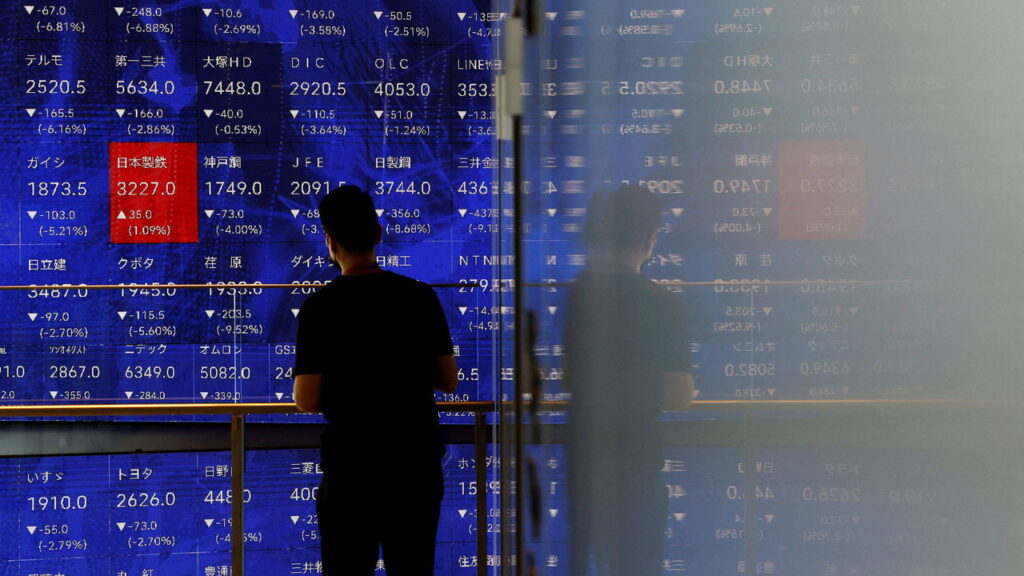The global financial markets are currently experiencing a significant amount of volatility, as investors grapple with ongoing uncertainties surrounding the global economic outlook. This has led to a widespread sell-off in global equities, commodities, and other risk assets as investors seek safe-haven assets in the face of mounting concerns about a global economic slowdown.
In recent weeks, fears of a recession in the United States and other major economies have continued to weigh on investor sentiment. The ongoing trade tensions between the United States and China, as well as geopolitical risks in the Middle East and elsewhere, have only added to the sense of unease in the markets. As a result, investors have been fleeing risk assets in favor of safer investments such as government bonds, gold, and the Japanese yen.
The sell-off in global equities has been particularly pronounced, with major indices such as the S&P 500, the Dow Jones Industrial Average, and the FTSE 100 all experiencing sharp declines in recent weeks. This has led to a substantial loss of wealth for investors around the world, as trillions of dollars have been wiped off the value of global stock markets.
In response to the ongoing market turmoil, central banks around the world have been taking action to support their respective economies. The Federal Reserve in the United States, for example, has cut interest rates for the first time since the financial crisis, in an effort to stimulate economic growth and boost investor confidence. Similarly, the European Central Bank and the Bank of Japan have both signaled that they are prepared to take further measures to support their economies if necessary.
Despite these efforts, many investors remain unconvinced that central banks will be able to prevent a global economic slowdown. The inversion of the yield curve in the United States, which has historically been a reliable indicator of an impending recession, has only added to concerns about the health of the global economy. As a result, investors are bracing for further volatility in the months ahead, as they try to navigate the uncertain economic and geopolitical landscape.
In conclusion, the global rout in financial markets continues to unfold, as investors grapple with ongoing uncertainties and fears of a global economic slowdown. While central banks are taking action to support their respective economies, many investors remain cautious about the outlook for global growth. As a result, volatility is likely to persist in the markets in the near term, as investors adjust their portfolios in response to the changing economic and geopolitical environment.



